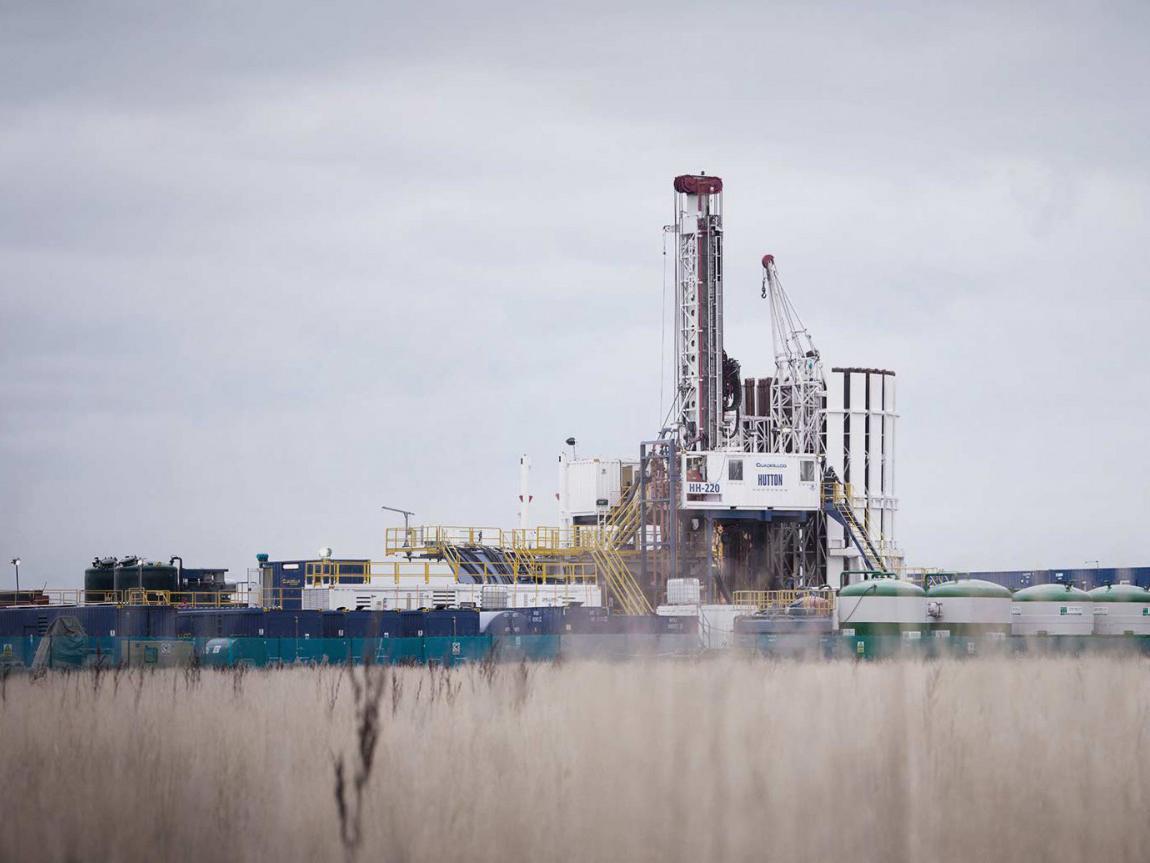Trump administration plan to allow fracking near California national parks
'The risks posed to our national parks by further oil and gas development ... is saddening to say the least' says the Advocates at the National Parks Association

In an attempt to make good on a campaign promise to lessen environmental regulations, Donald Trump and his administration have introduced a plan to open over a million acres of land in California to fracking.
Fracking, which is short for hydraulic fracturing, is the process of fracturing subterranean rocks using high pressure liquid in order to extract the natural gas and/or oil that may be underground.
Fracking is not an environmentally friendly process; it has reportedly caused earthquakes, created vast amounts of waste, and contaminated drinking water.
The vast amount of wastewater produced by fracking can contaminate rivers, lakes and other waterways with radioactive material and hormone-affecting chemicals.
Mr Trump’s draft of the plan includes methods of reducing the harm that fracking will cause, addressing concerns about air and water quality, biological and cultural resources, paleontological resources, the impact on livestock, Native American values, and social and economic resources.
Californians still have concerns despite these reassurances, as fracking in the region has been temporarily banned in the past due to violations of the Endangered Species Act and the Coastal Zone Management Act.
Mark Rose of the Advocates at the National Parks Association said, “The risks posed to our national parks by further oil and gas development, particularly these iconic treasures that helped to inspire the modern-day conservation movement, is saddening to say the least.”

Mr Rose continued, “Yosemite, Sequoia and Kings Canyon already experience some of the worst air quality within the park system, posing unprecedented threats to visitors and the natural resources that call these places home.”
Before the plan is decided on, local Californians will have a 45-day window to vocalise their concerns to the government.
Join our commenting forum
Join thought-provoking conversations, follow other Independent readers and see their replies
Comments
Bookmark popover
Removed from bookmarks